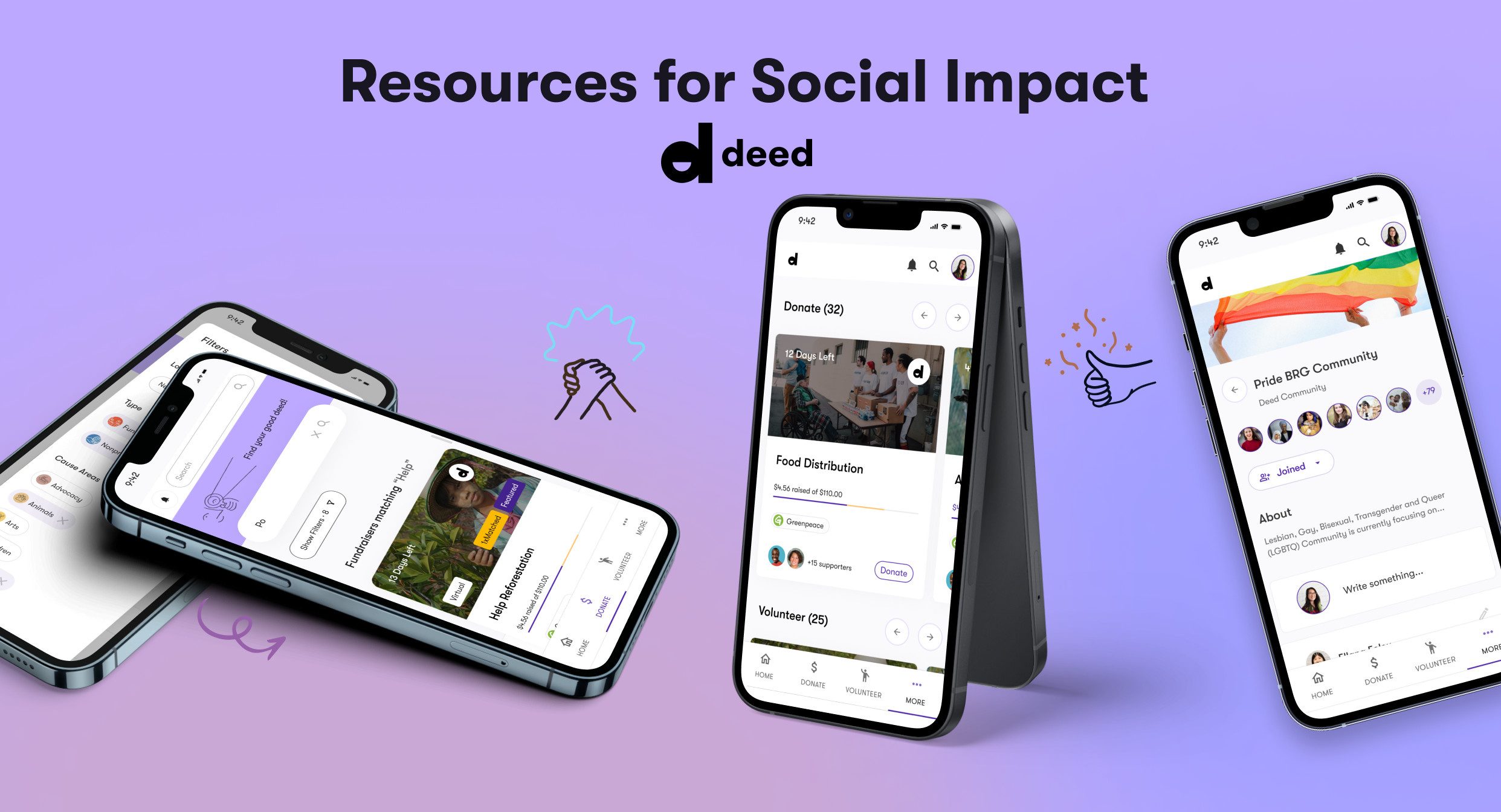[Social Impact 101] From Diversity to Inclusion: How Fortune 500 Companies are Driving Social Change
Diversity and inclusion have become increasingly important topics in recent years. As our society becomes more aware of the many different experiences and perspectives that exist, companies have recognized the need to create more inclusive work environments. This has led to a number of Fortune 500 companies taking significant steps towards promoting diversity and inclusion within their organizations.
One of the ways in which companies are driving social change is by implementing diversity and inclusion training programs. These programs are designed to help employees understand the importance of diversity and how to create inclusive work environments. They typically cover topics such as unconscious bias, cultural competency, and communication skills. Companies such as Google, Coca-Cola, and Microsoft have all implemented diversity and inclusion training programs in recent years, with the goal of creating more diverse and inclusive workplaces.
Another way in which companies are driving social change is by increasing the diversity of their leadership teams. Studies have shown that diverse leadership teams are more innovative, make better decisions, and are more successful overall. Companies such as PepsiCo, Target, and Nike have all made efforts to increase the diversity of their executive teams in recent years. By doing so, they are not only promoting diversity within their organizations but also setting an example for other companies to follow.
Companies are also using their influence to promote diversity and inclusion on a larger scale. For example, several Fortune 500 companies have taken a public stand on social justice issues, such as racial equality and LGBTQIA+ rights. In 2020, following the killing of George Floyd, many companies released statements in support of the Black Lives Matter movement and pledged to take action to promote racial equality. Additionally, several companies have used their advertising and marketing campaigns to promote diversity and inclusion, such as Nike's "Equality" campaign.
Finally, companies are driving social change by supporting diversity and inclusion initiatives outside of their organizations. Many companies have established partnerships with organizations that promote diversity and inclusion, such as the Human Rights Campaign and the National Urban League. These partnerships often involve financial support, volunteering, and other forms of assistance. For example, in 2020, Target pledged $10 million to support social justice organizations, including those focused on promoting racial equality.
Despite these efforts, there is still much work to be done to promote diversity and inclusion in the workplace. Many companies have been criticized for failing to follow through on their diversity and inclusion commitments, or for failing to create truly inclusive work environments. Additionally, there is still a lack of diversity in many industries, particularly in leadership positions.
To truly drive social change, companies must be committed to promoting diversity and inclusion not just within their own organizations, but also on a larger scale. This means working with other companies and organizations to promote diversity and inclusion initiatives, advocating for policy changes that promote social justice, and addressing systemic issues that perpetuate inequality.
In conclusion, Fortune 500 companies have an important role to play in driving social change through their efforts to promote diversity and inclusion. By implementing diversity and inclusion training programs, increasing the diversity of their leadership teams, taking a public stand on social justice issues, and supporting diversity and inclusion initiatives outside of their organizations, companies can create more diverse and inclusive work environments and promote social change on a larger scale. However, there is still much work to be done, and companies must remain committed to promoting diversity and inclusion in order to truly drive social change.
How DEIB engages employees in social impact
Deed is a workplace giving and volunteering platform that puts people first, because user experience shouldn’t stand between you and doing good.
We help CSR and DEIB teams alike to centralize all their programming, from emergency fundraisers to fun volunteering events, and engage diverse employee resource groups, with the data and insights they need to drive engagement.
Read to foster a more modern, inclusive workplace?


